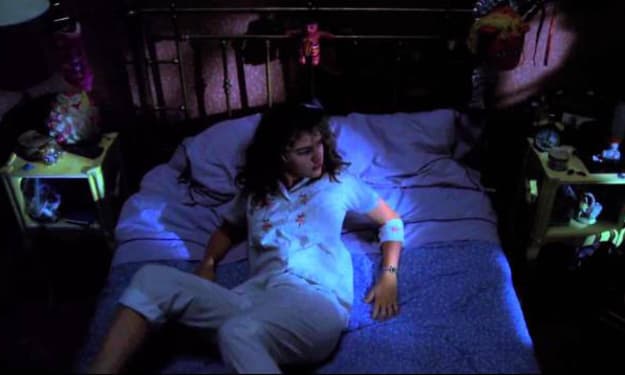Exploring Treatment Options for Sleep Disorders
Exploring Treatment Options for Sleep Disorders

Sleep disorders can be incredibly frustrating, as they can affect not only our physical health but our mental and emotional wellbeing as well. Luckily, there are several treatment options available for those suffering from sleep disorders. In this article, we will explore some of the most common sleep disorders treatment methods.
Lifestyle Changes
The first and most simple step towards treating sleep disorders is making some changes to your lifestyle. Some of the most common lifestyle changes that can help include:
- Getting regular exercise
- Establishing a regular sleep schedule
- Avoiding caffeine, alcohol, and nicotine
- Creating a relaxing bedtime routine
- Keeping the bedroom cool, dark, and quiet
These changes can help to regulate your body's internal clock and improve the quality of your sleep.
Cognitive Behavioral Therapy
Cognitive Behavioral Therapy (CBT) is a form of therapy that aims to change negative thought patterns and behaviors. It is often used to treat anxiety and depression but has also been shown to be effective in treating sleep disorders.
CBT for insomnia focuses on identifying and changing negative thoughts and behaviors that may be contributing to your sleep problems. The therapist will work with you to develop healthy sleep habits and teach you relaxation techniques to help you fall asleep more easily.
Medications
Medications can also be used to treat sleep disorders. There are several different types of medications available, including:
Benzodiazepines: These medications are typically used to treat anxiety but can also be used to help with sleep. They work by slowing down the central nervous system and promoting relaxation.
Non-Benzodiazepine Hypnotics: These medications are similar to benzodiazepines but have fewer side effects. They are often used to treat insomnia.
Antidepressants: Some types of antidepressants can be used to treat sleep disorders, especially if they are caused by depression or anxiety.
It is important to note that medications should only be used under the supervision of a healthcare professional and should not be used as a long-term solution.
Continuous Positive Airway Pressure (CPAP)
CPAP is a treatment option specifically for those suffering from sleep apnea. It involves wearing a mask over the nose and/or mouth while sleeping, which delivers a continuous flow of air to keep the airway open.
CPAP can be very effective in treating sleep apnea and improving the quality of sleep.
Light Therapy
Light therapy is a treatment option that involves exposure to artificial light to regulate your body's internal clock. It is often used to treat seasonal affective disorder (SAD) but can also be effective for other sleep disorders.
The therapy involves sitting in front of a lightbox that emits bright light, usually for 30-60 minutes per day. The lightbox emits a specific wavelength of light that mimics natural sunlight, which can help regulate your body's internal clock and improve sleep.
Surgery
In some cases, surgery may be necessary to treat sleep disorders. For example, surgery may be recommended for those suffering from sleep apnea if other treatments have not been effective. The surgery may involve removing excess tissue from the throat or nose, or correcting a deviated septum.
Surgery is typically only recommended as a last resort and should only be performed by a qualified healthcare professional.
It is important to note that the effectiveness of each treatment method will depend on the individual and the specific sleep disorder they are experiencing. It is important to work closely with a healthcare professional to determine the best course of treatment for your specific needs.
In conclusion, there are several different treatment options available for those suffering from sleep disorders. Lifestyle changes, cognitive behavioral therapy, medications, and CPAP are all effective treatment methods. If you are struggling with sleep issues, it is important to speak with a healthcare professional to determine the best course of treatment for you.





Comments
There are no comments for this story
Be the first to respond and start the conversation.